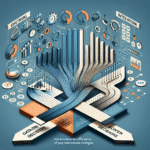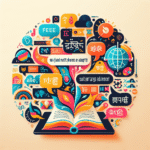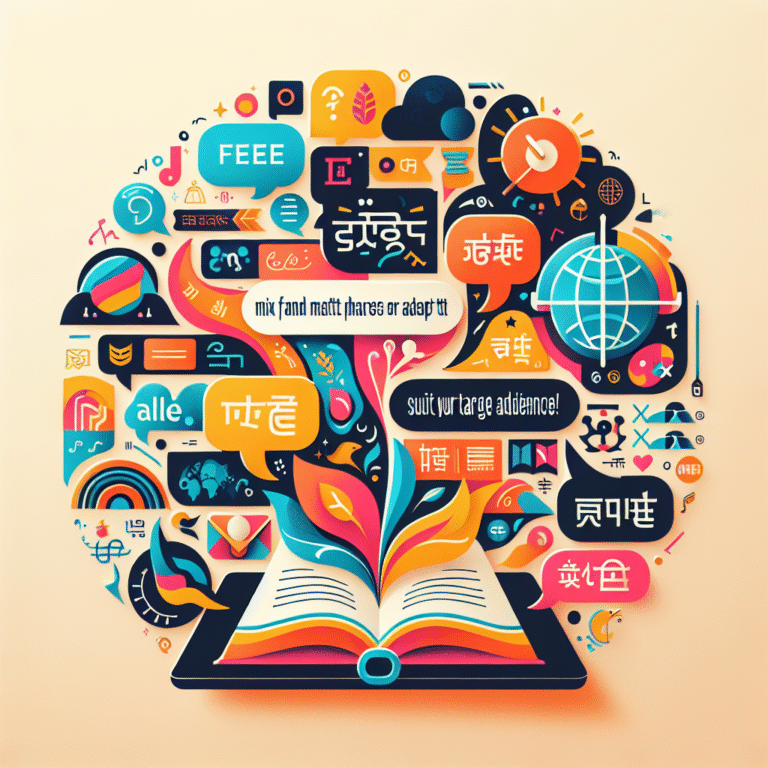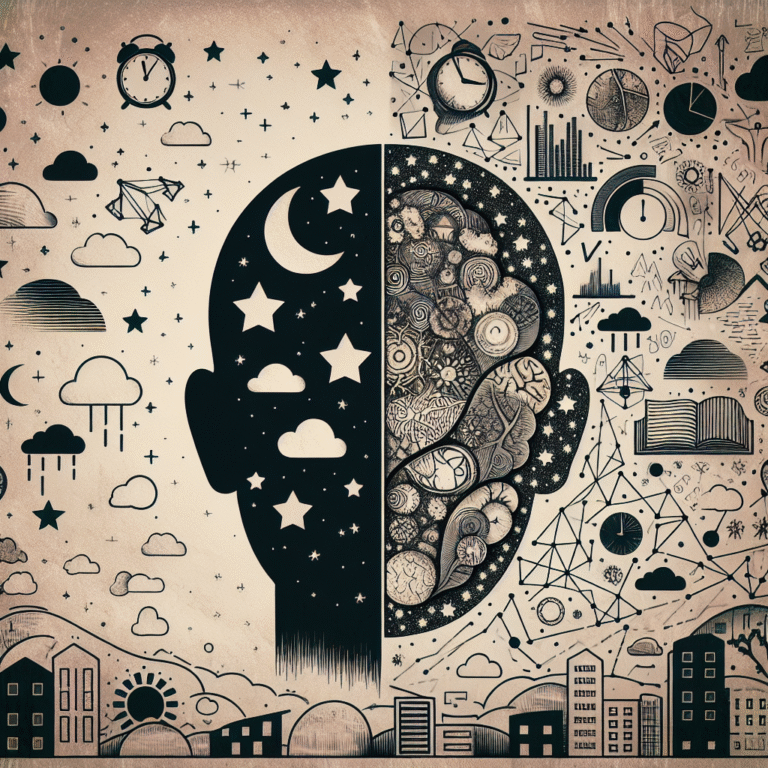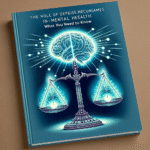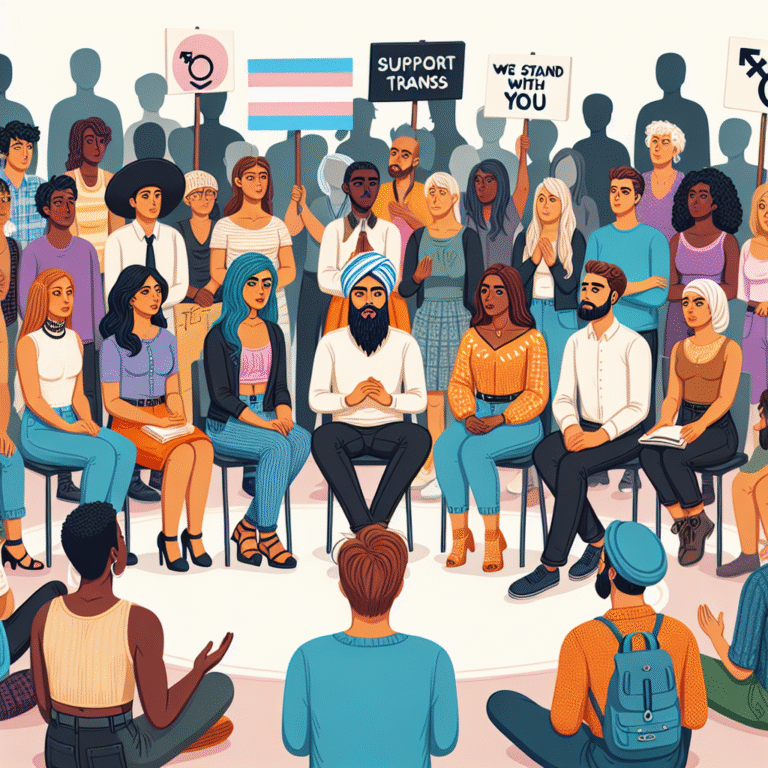
Work Hard, Relax Hard: Essential Stress-Relief Tools Every Professional Should Have in Their Arsenal
Introduction
In the fast-paced world of professionalism, the demands on our time and energy can feel relentless. The adage "Work Hard, Relax Hard" isn’t just a catchy phrase; it’s a mantra for maintaining balance and wellbeing amid the hustle. As the boundaries between work and personal life continue to blur, understanding and employing effective stress relief strategies is more crucial than ever. This article explores the essential stress-relief tools that every professional should have in their arsenal, providing actionable insights to create a harmonious balance between productivity and relaxation.
The Importance of Balance: Why Work Hard, Relax Hard Matters
Many professionals often prioritize work and overlook the importance of relaxation, leading to burnout, decreased productivity, and overall dissatisfaction. A study by the American Psychological Association showed that chronic stress can impair cognitive function, leading not only to decreased work performance but also to health issues.
The Science of Stress
Stress affects our bodies in various ways. It triggers a fight-or-flight response that can lead to physical and emotional consequences. Understanding this physiological reaction highlights the importance of implementing stress-relief tools in our daily routines.
| Effects of Stress | Short-term | Long-term |
|---|---|---|
| Cognitive impact | Impaired focus | Memory loss |
| Emotional challenges | Mood swings | Anxiety disorders |
| Physical symptoms | Headaches | Heart disease, burnout |
Work Hard, Relax Hard: The Essential Tools for Stress Relief
Incorporating stress-relief tools into your routine can significantly improve your overall quality of life. Below are some proven strategies that professionals can adopt, along with real-world case studies illustrating their efficacy.
1. Mindfulness Meditation
Overview
Mindfulness meditation helps anchor your thoughts in the present moment, reducing anxiety and stress. Spending just a few minutes a day in meditation can lead to noticeable improvements in emotional regulation and focus.
Case Study: Google’s Mindfulness Program
At Google, the implementation of a mindfulness program has significantly decreased stress levels among employees, demonstrating the powerful impact of meditation on workplace wellness. Their program, "Search Inside Yourself," has become a model for other organizations.
2. Physical Activity
Overview
Regular physical activity is not only crucial for physical health but also for stress management. Activities like yoga, running, or even brisk walking increase endorphins, which help combat stress.
Case Study: Nike’s Employee Wellbeing Programs
Nike encourages its employees to stay active through flexible working hours that allow them to integrate workouts into their daily schedules. Feedback indicated an increase in productivity and creativity among employees who engage in regular exercise.
| Type of Exercise | Benefits |
|---|---|
| Yoga | Improves flexibility |
| Running | Boosts cardiovascular health |
| Weight training | Enhances strength |
3. Time Management Techniques
Overview
Effective time management can significantly reduce stress levels by creating a clear structure in your daily routine. Tools like the Pomodoro Technique or Eisenhower Matrix can help prioritize tasks effectively.
Case Study: The Eisenhower Matrix at Microsoft
When Microsoft implemented the Eisenhower Matrix among teams, employees reported decreased stress and increased focus, enabling them to concentrate on high-impact tasks without feeling overwhelmed by less critical responsibilities.
4. Nature Breaks
Overview
Spending time in nature has been shown to reduce stress and improve mood. Nature breaks can take many forms, from walking in a park to hiking or simply sitting outside during lunch.
Case Study: Adobe’s Outdoor Spaces
Adobe’s offices feature outdoor spaces for employees to unwind in nature. Surveys showed employees who regularly took nature breaks had improved work satisfaction and reduced burnout rates.
5. Breathing Exercises
Overview
Deep breathing exercises can be done anywhere and help decrease anxiety and stress almost immediately. Techniques such as the 4-7-8 method are simple yet effective.
Case Study: Breathing Techniques at Harvard Business School
Harvard Business School incorporated breathing techniques into their curriculum, providing students tools to cope with the pressures of academic life. The positive feedback validated the effectiveness of these simple exercises.
6. Digital Detox
Overview
In our hyper-connected world, taking time away from screens can significantly benefit mental health. A digital detox encourages professionals to unplug from their devices regularly, minimizing information overload.
Case Study: The Digital Detox Challenge by General Electric
General Electric launched a digital detox initiative that encouraged employees to limit screen time. Participants reported heightened creativity and reduced stress levels, demonstrating the value of disconnecting.
| Activity | Digital Detox Benefits |
|---|---|
| Reading a book | Boosts cognitive function |
| Engaging in hobbies | Reduces anxiety |
| Spending time with family | Enhances relationships |
7. Support Networks
Overview
Building a support network of friends, family, and colleagues can provide emotional support and advice during challenging times. Strong relationships contribute to better stress management.
Case Study: Team-Building at Zappos
Zappos emphasizes team-building among employees, fostering a strong internal support network. The company has observed lower stress levels and higher job satisfaction as a result.
The Roadmap to Implementation
Creating Your Stress-Relief Toolkit
To effectively integrate "Work Hard, Relax Hard: Stress-Relief Tools Every Professional Should Have in Their Arsenal," consider the following steps:
-
Assess Your Stressors: Identify your main stressors and how they affect your work.
-
Select Your Tools: Choose 2-3 stress-relief tools that resonate with you and set achievable goals for incorporating them into your routine.
-
Schedule Time for Relaxation: Block out times in your calendar specifically for relaxation activities, much like you would for meetings.
-
Monitor Your Progress: Keep track of how these tools impact your stress levels and productivity. Adjust and experiment with different methods as needed.
- Engage in Continuous Learning: Stress management is a lifelong journey. Keep exploring new techniques and tools to add to your arsenal.
Conclusion
The mantra "Work Hard, Relax Hard" serves as a poignant reminder of the necessity of balancing productivity with self-care. By equipping ourselves with essential stress-relief tools such as mindfulness meditation, physical activity, effective time management, and more, we can enhance our overall well-being and productivity. It’s not just about working harder but also finding time to recharge, nurture our mental health, and foster resilience. Prioritizing relaxation isn’t merely indulgent; it’s essential for sustained professional success.
FAQs
1. How can I effectively integrate mindfulness into my busy work schedule?
You can start with short, 5-minute mindfulness sessions during breaks or after work until you feel comfortable increasing the duration.
2. What if I don’t have time for regular physical activity?
Try to incorporate movement throughout the day; take the stairs instead of the elevator, or go for short walks during breaks.
3. How do nature breaks impact creativity?
Nature has a rejuvenating effect, allowing the mind to rest and recover, which can then lead to enhanced creative thinking.
4. What tools can assist with time management?
Consider using digital tools such as Trello, Todoist, or Google Calendar to help prioritize and manage your tasks efficiently.
5. What are some signs I need a digital detox?
Signs include feeling overwhelmed by notifications, increased anxiety, trouble sleeping, or a decline in real-life interactions. If you notice these, consider implementing a digital detox.
In modern professional life, the tools to manage stress effectively can make a significant difference in your overall satisfaction and productivity. The journey to balance may take time, but the rewards are undoubtedly worth it. Embrace the "Work Hard, Relax Hard" philosophy, and enrich your professional and personal life.

